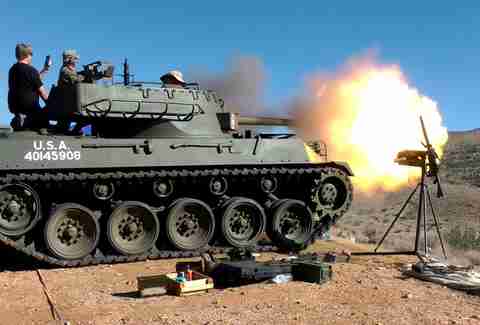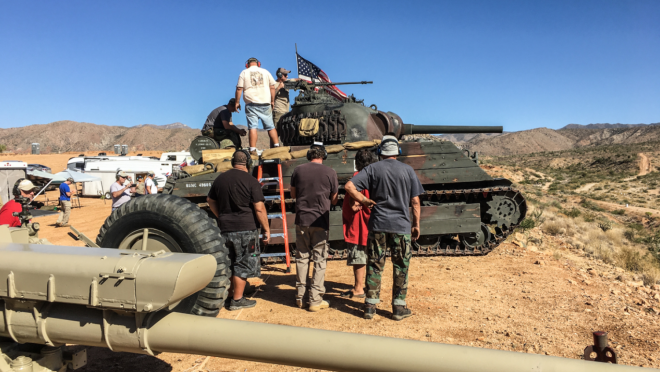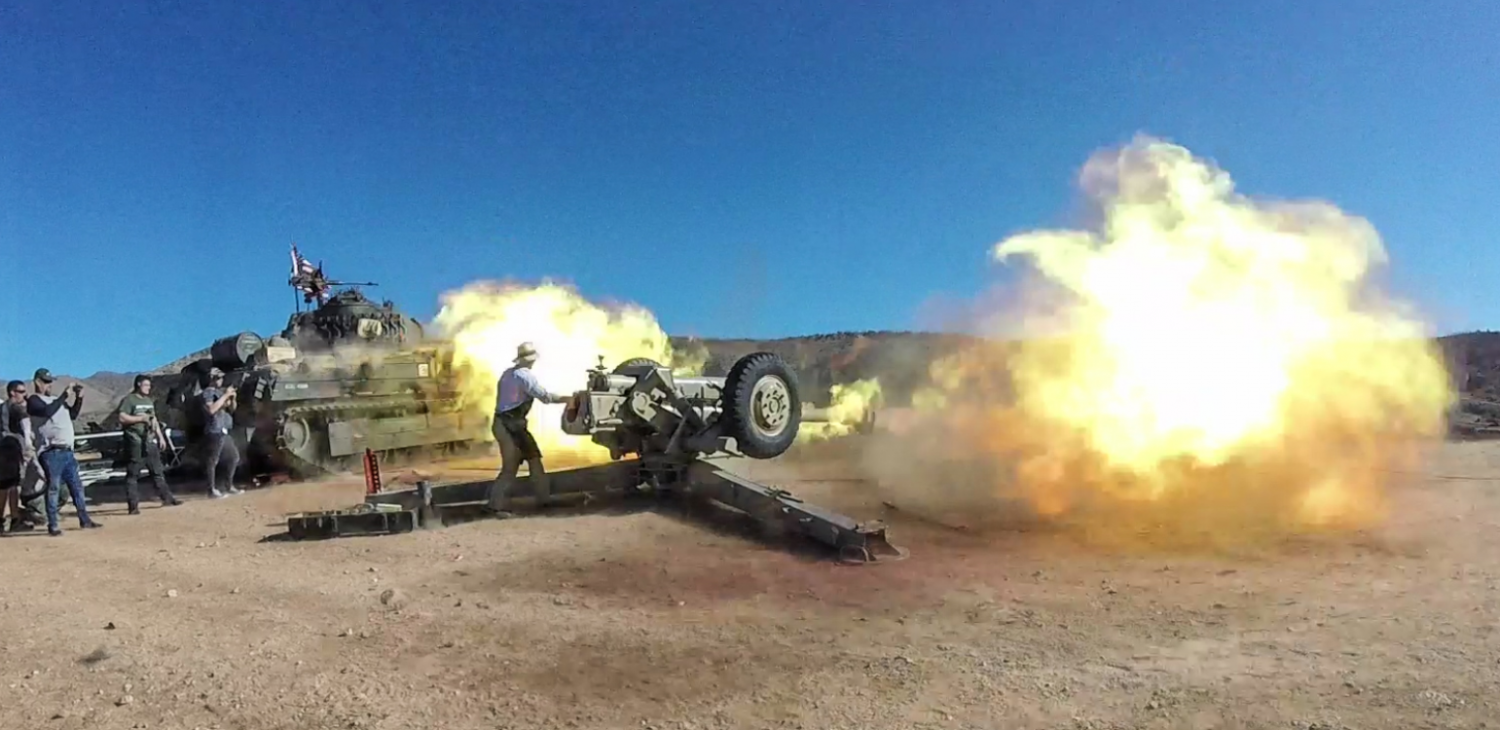out of context. yes, they revolted due to the taxation.....the war started because the british came for their weapons. do you school house rock, much?
you are using schoolhouse rock for your source? how old are you?
Lord Dunmore, also known as John Murray, was the last royal governor of Virginia. As tensions grew, Dunmore called for the removal of gunpowder stored in local magazines.
Dunmore was then pressured by the hundreds of countrymen that stormed Williamsburg to either return or pay for the lost gunpowder. Dunmore ended up having to pay 330 pounds (or about $56,000 in today’s dollars).
He became very unpopular and was chased out of his home. Dunmore and his family then had to stay on the British ship Fowley.
However, Dunmore is probably better known for his later 1775 proclamation. It announced that a revolution was underfoot and offered freedom to enslaved people if they fought for the British.
...And taxes?
WIth politics, money usually becomes an issue at one point. That goes for what leads up to the revolution, too.
Britain won the French and Indian War, but the fighting wasn’t cheap. The 1764 Currency Act said the colonies couldn’t print their own money, but what caused the biggest uproar was the Stamp Act of the next year. The tax was on all printed paper — including newspapers, legal documents and more.
That kicked off a building frustration for colonists over taxes without representation in the British Parliament. That’s not all, though — more acts were added that taxed more products. More soldiers occupied colonists’ homes.
And the British Parliament made clear it could make whatever laws it liked.
Things got worse when five colonists died in the Boston Massacre.
Soldiers were convicted of lesser crimes, but not murder. Samuel Adams created committees of correspondence to spread the news about the massacre in 1772.
The following year, some Sons of Liberty members snuck on a tea ship in Boston Harbor. They dumped the tea overboard to protest a monopoly given to the East India Tea Company. Britain retaliated. However, colonists encouraged boycotts, and New England began preparing for war.
In 1775, British soldiers attempted to take some ammunition but were turned away. Later, word got out to the British that the growing rebellion might be storing military supplies in Concord.
One day after the first battles, Lord Dunmore made an order to get rid of gunpowder.
The rest is (literally) history.
Our ruling
Burlison tweeted that "the American Revolution began when they came for the guns."
His tweet was a dramatic simplification of history There were many factors at play that sparked the American Revolution. It was caused by a lack of economic freedom and representation in the government and more.
That said, arms may have been one of many factors in the invasion of Lexington and Concord.
We rate this statement as Half True.
https://www.politifact.com/factchec...son/guns-not-only-factor-american-revolution/




